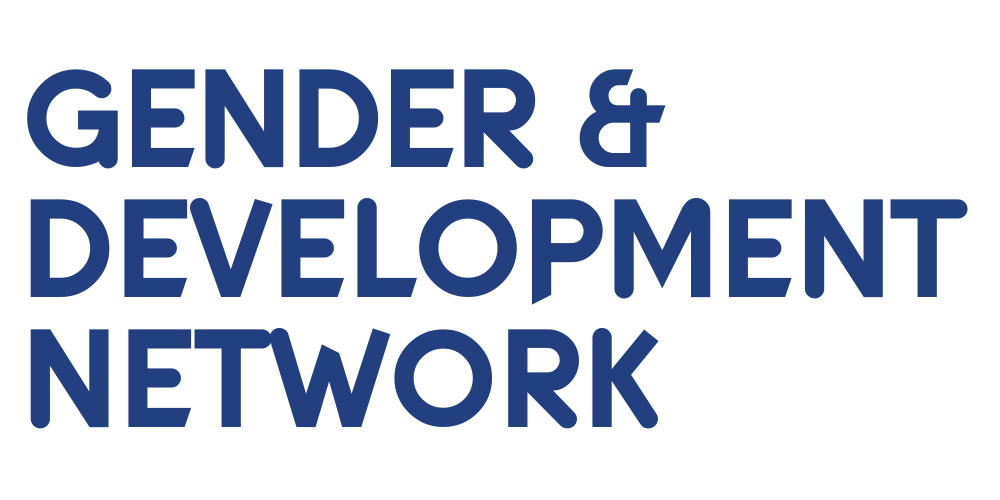What are feminist economic alternatives?
Dominant economic thinking reinforces and perpetuates inequalities in power and wealth, presenting economics as ‘technical’, to hide the highly political choices that it entails. Feminists challenge the status quo both by proposing alternative economic models and by questioning who makes economic decisions - and in whose interest. There is no single alternative, but a range of proposals reflecting local contexts and realities. Common to all feminist proposals though is a call for a transformative shift away from current models toward solutions that promote equitable, sustainable and just economic policies.
What is macro-level economics?
Macro-level economics describes the policies and choices made by national governments and international institutions on the way that economies are run. ‘The Audacity to Disrupt: An Introduction to Feminist Macro-level Economics’ provides a more detailed explanation. The way the economy is structured, and economic decisions are made, is central to the perpetuation of patriarchy, inequality and the abuse of rights. It determines the way resources are raised and allocated, affecting every other area of gender equality and women’s rights work. Macroeconomics is a field where the most fundamental questions are asked - about the relationship between the state and its citizens, about what the economy is for and who it should serve, about how we value work and social protection. Macro-level economic policy can be used by governments to realise the needs and rights of all its residents, but doing so is a political choice.
“It’s clear that, for too long, the design of the global economy has left billions of people living on the margins. We see that a small handful of powerful elites in the Global North have dominated (economic) decision-making, which has resulted in a Eurocentric global economy organised to facilitate limitless demands for cheap labour, raw materials and goods – all the while exploiting countries in the Global South in order to fulfil these ends.”
Who makes the decision?
The choices that governments can make are in part shaped and constrained by powerful global economic actors including the International Monetary Fund, the World Bank, the World Trade Organisation and the Group of 7 industrialised countries, heavily influenced by Multinational Corporations that are largely based in the Global North. The positions these powerful institutions take on global taxation, debt payments, trade and the regulation of multinational corporations all determine national governments’ revenues and the space they have to make spending choices. Meanwhile, conditionality attached to aid and loans can restrict and even prohibit governments from taking decisions that might benefit their populations.
Are there alternatives?
As Covid-19 economic recovery plans take shape there is a small opportunity to influence the scope of debates, promoting feminist economic alternatives within global recovery decisions. Statements from feminists movements such as African Feminism propose alternatives:
“COVID-19 needs to be a turn-around point from orthodox laissez-faire models and overly financialised states. This crisis is an opportunity to dislodge structural inequality and re-frame the political economy which contributed to this tipping point.”


